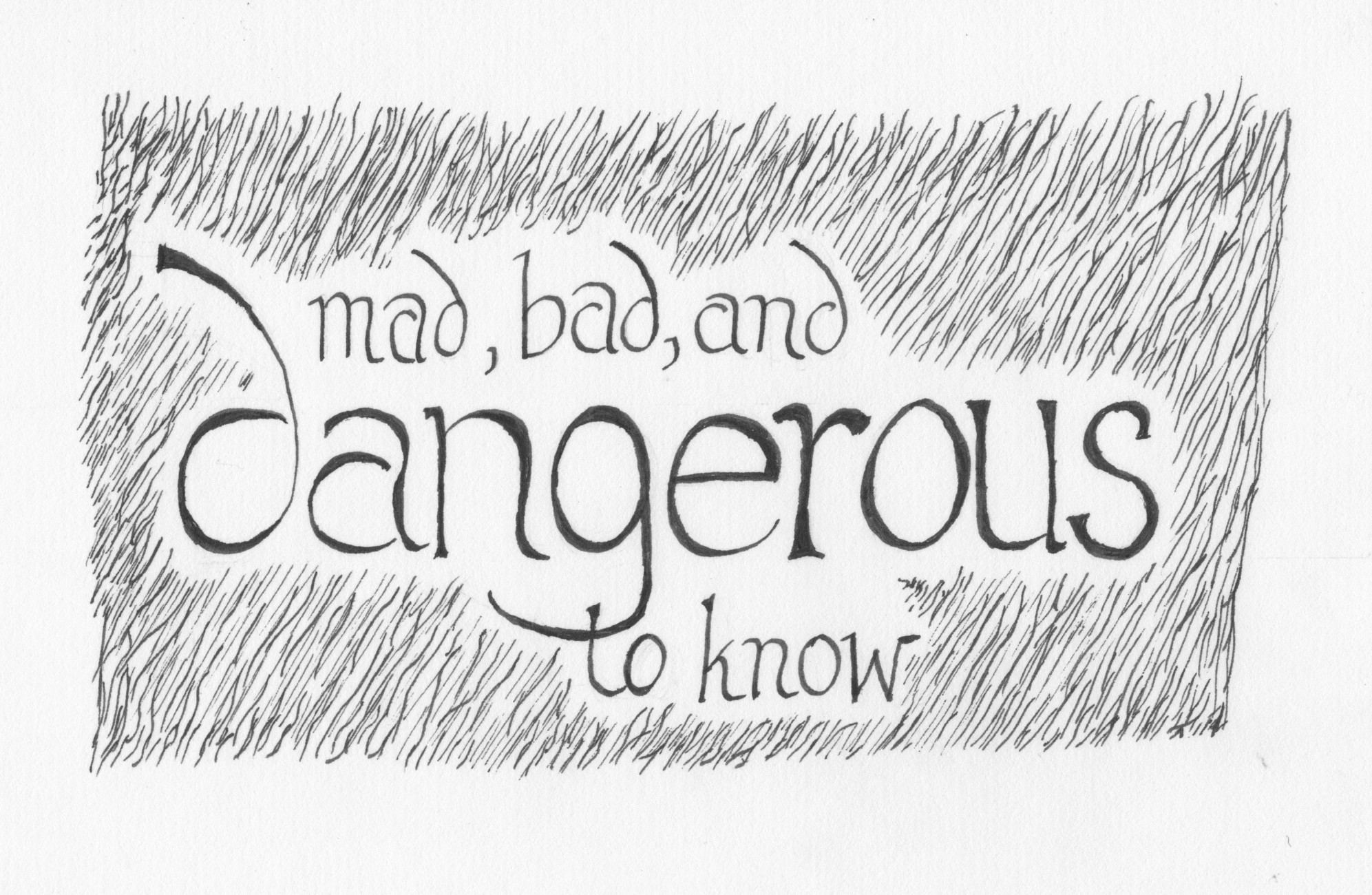Dangerous texts: Vajrayana practice texts, technical manuals, and your annual review
Derrida’s concepts of logocentrism and text as the dangerous supplement offer a way to understand the strange ways some texts are held back until you’ve heard them out loud
by
Reading transmission #
If you’ve ever been to a Tibetan Buddhist empowerment, that is, a ritual where the substance and essence of a religio-magical practice is transmitted to you, and where you are both blessed and authorized to perform it later on your own, you might have noticed that there are long sections where the officiating practitioner reads, chants, or sings material right out of the practice text. When I first went to one of these, I assumed that it was just because the way you transmit the ritual is by doing the ritual. And, obviously, there’s a lot more to transmission than just saying words out loud (but I’m not going to talk about that because it’s a subject unto itself and I want to just focus on the words). But, actually, this thing of reading the words out loud is a key part.
I realized that there was something going on with reading out loud when I learned that even texts that weren’t secret Vajrayana practices were traditionally first read out loud to you before you were allowed to go read them on your own. Strange, huh? Why would you do that? OK hold on to that question.
Supplemental to the training #
Have you ever been to a corporate training, maybe one about some proprietary software or technique, where you got a manual, maybe in a 3-ring binder? You probably had to go to the training in person before they’d let you have the manual and sit through it, even though a lot of it was literally just the trainer going through the manual with you. Later, you get to keep the manual, and, let’s even say this manual is very useful, it’s kind of weird that you couldn’t just get the manual first. But no, for some reason you had to hear it out loud first. Weird, huh?
On the other hand, have you ever received a second-hand manual like that from a coworker who went to the training? Heck, maybe even left behind by someone no longer working there. How useful was that manual without the context? I mean, I’ve found it really varies. Some of these things are written so they can theoretically stand alone, but a lot of them don’t make as much sense.
The weirdest thing, to me, are the manuals, READMEs, and online help that definitely were not part of some in-person training, but that yet, nonetheless, feel as though they are situated in some imagined context, as though of a training or verbal introduction, that they never bother to explain. If you work with software, I think you know what I mean. You roll up to a GitHub repo and yay, it has a README, but it just dives right into “Installation Instructions” and “Usage” with nary a word about what, say, Express Superdecrufter (Bircher Subvariant) is actually for.
It’s like even some of the manuals that aren’t supplemental training materials have a ghost of an in-person training lurking in their imagined origins.
A personal conversation with your manager #
OK, last example. In most of the places I’ve worked where they did annual reviews, you’d spend a long time writing your self review. Maybe you’d also write some feedback for your coworkers and they for you. Then your boss would spend a long time writing your review as well. Then all that would get shoved into the Bureaucracy-O-Matic and eventually out would pop your final review, a written document you can read.
Except, again, at most places that is not what would happen. You would have to have an in-person (or at least in-video call) conversation with your manager first. They would then deliver your review, which is usually some combination of restating what’s written and some talking points from HR about why your raise is calculated the way it is. This is a pretty weird conversation, generally, even when it’s nice. Because, again, here you are a grown-ass adult with reading skills while another grown-ass adult who is well aware of that is essentially reading out loud to you.
And yet, almost everyone agrees it’s very important that we do it this way. That there’s something important and personal. This absurdity, this emotional weight, the measured pace of it all–to me they clearly point to this being a ritual. Not like, a ritual as in “an empty ritual,” but an important ritual with both real and symbolic weight. And that’s weird. Why are we having a ritual of reading out loud in the workplace?
Think of the danger #
In these three example situations–the Vajrayana practice, the technical manual, and the annual review–you must first have the text, or at least portions of the text, read out loud to you by another person, before you’re allowed to have a copy of the text.

In all three situations, there’s an idea, sometimes stated explicitly and sometimes just implied, that to release the text without the reading ritual would be dangerous. Dangerous to whom? Well, officially, you, the recipient. If you get the practice text without the transmission and practice it without authorization you might do it wrong and cause dangerous magical effects or even go to hell! If you start trying to monkey about with the manual without proper training you might break the Proprietary Database! And if you get the annual review without the conversation you might–get the wrong idea and be angry? I’m not sure about the danger but it’s always framed as somehow dangerous.
What’s more, even if it’s not dangerous, it won’t be as satisfying. Even if you practice the ritual technically correctly and don’t screw things up, without the transmission it will be useless--empty (and not in the good Buddhist sense). Without the in-person training, you’ll miss some intangible context and you’ll never quite grok the Proprietary Database. Without the personal conversation with your boss, you won’t feel as satisfied about the results of your annual review even if they are good. Is all of that true? Maybe. Sometimes.
But whether the text without its spoken introduction is really dangerous or unsatisfying, it’s really damn interesting that we speak (or write) about the text that way. Where does this pattern come from, of having to speak the written words before passing the text on? Where does this danger and this dissatisfaction, or, that is, this argument about danger and dissatisfaction, come from? Well, I think it could be logocentrism.
Logocentrism #
In my review last week, I cheekily defined logocentrism as “a weird way of saying European imperialism, cultural and otherwise,” which is sort of true but doesn’t help today.
Logocentrism is the idea that the spoken word is primary–both as in the first and most important–form of language, and the written word is secondary. As far as I can tell, and I think this is where Derrida draws the thread, too, logocentrism starts with Socrates. Socrates makes a lot of arguments about why speech is more important and better than writing, but right away his argument is paradoxically twisted because it has to be written down by Plato. It only makes sense to talk about speech being more important and better than writing after writing comes to the scene, and writing is such a great way to spread your ideas (especially after you’re dead) that of course you end up using it–even if it is to rail about writing.
Why logocentrism? Why is the spoken word first and better? (According to Socrates/Plato and the implicit values of much of our culture)
First, the argument goes, speech is the original signifier of meaning, whereas the written word is a signifier of speech sounds (in phonetic writing). Written language is, to use a phrase that recurs in Of Grammatology, the signifier of the signifier. It's a double remove from reality. Writing is a shadow of speech, which is a shadow of meaning. If you recall your Plato/Socrates, you’ll remember how much that guy worried about shadows passing for the real thing.
Second, the spoken word is a living word, full of the presence of the speaker, and comes with the breath, and breath is the evidence of life (as we said in a certain mystical ritual). The written word, on the other hand, is silent, without breath (aka spirit), without the presence of the speaker, mere dead letter.
Sorry, this is just part 1 of 2 (or more) #
There’s a lot more I could say about “presence,” and I will later, but getting on to midnight as I write this, so I’m going to call this part one of at least two and pick up next time.
I’ll leave you with just two more thoughts to pick up later. First, despite the logocentric insistence that the spoken word is primary and that’s just how it is, actually part of logocentrism is constantly pulling these weird moves to put the written word, in situations in which it seems like it should be more important, secondary to writing. Like making you listen to someone read the text out loud before you can read it with your eyeballs.
Second, the oral transmission or reading transmission is called lung in Tibetan. Lung means breath, but also a kind of embodied psychic energy.
New thing! If you want to get an email every time there's a new blog post, sign up for my newsletter. Or if you're fancy you can point your RSS reader at this blog's RSS feed.
